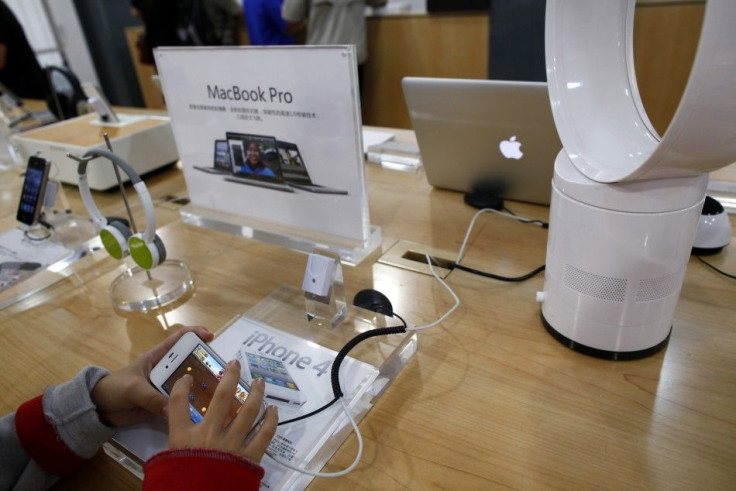Apple copycat "hiPhone 5" comes calling in China

The newest version of Apple Inc's popular iPhone has already hit the Chinese market -- the fake market that is.
The 'hiPhone 5' is selling for as little as 200 yuan ($31) on China's top e-commerce platform Taobao, which is owned by Alibaba Group.
But one has to pay around 800 yuan for a more "genuine" one, according to some shop clerks at a mobile phone market in Shanghai.
"Look at this. It's not the same as the 300-400 yuan ones," Shanghai-based daily Metro Express quoted a clerk as saying, pointing to one originally priced at 850 yuan.
The 'hiPhone 5' is based on leaked images of the yet-to-be-launched iPhone 5 and is thinner and with less rounded edges than the existing iPhone 4, according to the newspaper. However, it is extremely light, almost like a plastic toy, like most pirated mobile phones, it said.
Western governments have repeatedly criticized China for widespread violation of intellectual property rights, but pirated goods from branded watches, to bags and computer software can be easily found in shops.
Last month, an American blogger set off a media storm after she posted pictures of an elaborate fake Apple Store in Kunming, selling genuine if unauthorized iPhones, Macbooks and other widely popular Apple products.
Reuters also uncovered a look-a-like of the Swedish furniture giant Ikea in the southwestern Chinese city.
Apple, which is expected to roll out the latest version of the iPhone 5 smartphone within a few months, sold a record 20.34 million iPhones during the last quarter, even though its newest model is over a year old.
($1 = 6.431 Chinese Yuan)
© Copyright Thomson Reuters 2024. All rights reserved.











